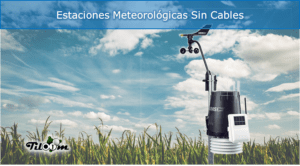This website uses cookies so that we can provide you with the best user experience possible. Cookie information is stored in your browser and performs functions such as recognising you when you return to our website and helping our team to understand which sections of the website you find most interesting and useful.
🌟 Improve your sports field with a expert audit.










2 Responses
Good work guys, although in the tropical Caribbean conditions where I live, it is rare to find high nitrogen concentrations that require action to reduce their concentration. In our conditions calcium and magnesium salts are more abundant and also have very harmful effects because they favour salinisation processes when the electrical conductivity approaches or exceeds the value of 2 in the irrigation water.
I am very interested in what you publish and I am willing to collaborate with you free of charge by sending research results and experiences in our soil and climatic conditions. Just let me know if you are interested.
Alfredo Pita Hernández
Pinar del Río. Cuba (1951)
Agricultural Engineer from the University of Havana, Specialist in Agricultural Machinery Operation, Master in Agroecology and Sustainable Agriculture, PhD in Forestry Sciences. Experience in university teaching (Assistant Professor), management of integrated agrosilvopastoral systems with agroecological management and research on mycorrhizae.
Dear Alfredo,
Contact us by writing to soporte@tiloom.com and we continue to communicate over there.
Best regards.